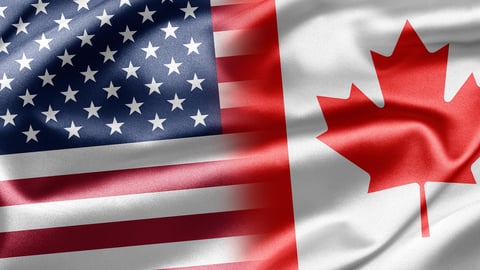Survey: Consumers continue to grapple with high egg prices
A majority of egg buyers are becoming “desensitized” to high prices.
A new survey from Numerator revealed that despite egg prices increasing significantly from January ($4.84 per dozen) to March ($6.54 per dozen), fewer U.S. consumers (69.5%) said that the current price of eggs in their area is “somewhat or very expensive” (vs. 71.1% in January), indicating that consumers are becoming desensitized to the rising price of eggs at the grocery store. Overall, the average price per dozen reached $6.54 in March 2025, an increase of 82% compared to March 2024.
In Numerator’s January survey, consumer willingness to pay was higher than what they actually paid for a dozen eggs (willing to pay $4.90, actually paid $4.84). In April, consumer willingness to pay was below what they actually paid (willing to pay $5.56, actually paid $6.54).
More than a third (36.7%) of egg buyers say they purchase eggs at least once a week, a drop of 4.8 points since January, while 19.6% say purchase about once a month (+2.7 points). Almost half (46.1%) of egg buyers say they typically purchase standard eggs (+1.2 points), while over a quarter (26.8%) say they purchase whatever is cheapest (+4.2 points). Cage-free, free-range, pasture-raised, and organic eggs all dropped four or more points from the January survey.
If only higher priced premium eggs are available, Numerator found that 46.1% (+6.5 points) of shoppers will skip the purchase. Fewer shoppers are willing to trade up to higher priced premium eggs (20.7%, -5.7 points) or check another nearby store (23%, -0.7 points). If all egg varieties are unavailable, the chance of skipping the purchase rises to 54.8% (+7.1 points). More than a third (35.2%) of egg buyers say they will check another nearby store for eggs (-6.8 points) and 5.4% will purchase an egg substitute (-0.7 points).
[READ MORE: Report: Private label interest continues to grow]
Additional insights from the Numerator survey include the following:
- 52.7% (-2 points) say they have noticed shortages or out-of-stocks at their local food retailers in the past month. Shortages were noted at higher rates among urban egg buyers, buyers in the Western U.S., and households who buy their eggs at BJ’s, Trader Joe’s, Costco, Wakefern and Albertson’s.
- 51.5% of egg buyers have noticed that restaurants are charging higher prices or putting surcharges on egg-based dishes. Only 23% said they would pay the higher price, while 32.8% would order something without eggs in response, and 28.7% would eat at home instead.
- 25.7% say they are concerned about the safety of egg products in light of recent government cuts (e.g., USDA, FDA, HHS).
Numerator’s latest egg survey was fielded on April 24, 2025 to 1,050 verified egg buyers who made a purchase in the last three months. A prior version of this survey was fielded in January 2025. Egg purchase data was compiled using Numerator’s 150,000 household Total Commerce Panel.




